Climate
-
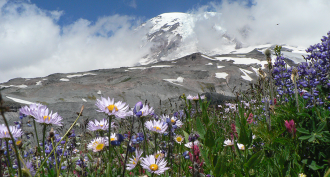 Ecosystems
EcosystemsPhotographing wildflowers and other ways you can help fight climate change
Citizen scientists can help with climate and conservation research by counting birds, taking pictures of flowers and deciphering old weather records.
-
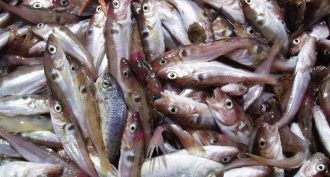 Oceans
OceansOceans’ fever means fewer fish
Warming oceans have caused fish populations to plummet since 1930. In some regions, the number of fish that can be caught without depleting populations has dropped by more than one-third.
-
 Science & Society
Science & SocietyUsing art to show the threat of climate change
Climate change can sometimes seem like a huge pile of hard-to-grasp numbers and graphs. These artists are finding new ways to help people understand big changes.
-
 Physics
PhysicsThunderstorms hold stunningly high voltage
By studying particles called muons, scientists found that the electric potential inside a thunderstorm may be 10 times higher than previously thought.
-
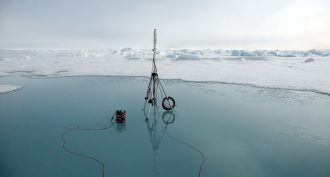 Climate
ClimateDisappearing sea ice could disrupt Arctic’s food web
When sea ice goes missing in the Arctic, every part of the ecosystem feels the effects.
-
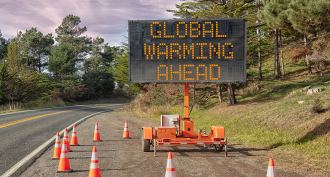 Climate
ClimateThese teens have some ideas for stopping climate change
If you could do one thing to stop climate change, what would it be? We asked some of the finalists at the 2019 Regeneron Science Talent Search.
-
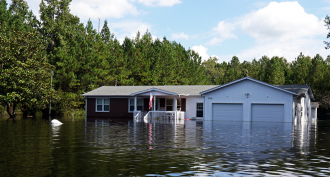 Climate
ClimateWet and wild 2018 is officially fourth-hottest year
Record rains and heat ravaged different parts of the world in 2018.
By Jeremy Rehm -
 Science & Society
Science & SocietyStudents strike to spur adults into climate action
Students worldwide are demanding action on climate change. Coordinated school strikes were slated to take place around the world on March 15.
-
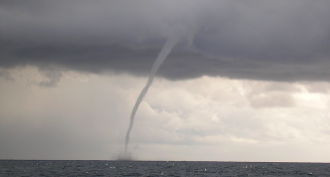 Climate
ClimateScientists Say: Waterspout
A whirlwind over land is just a whirlwind. But over water, a whirlwind becomes a waterspout.
-
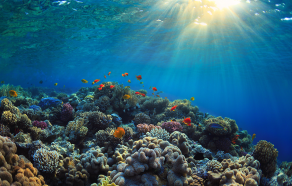 Chemistry
ChemistryShell shocked: Emerging impacts of our acidifying seas
As Earth’s climate changes, the oceans are becoming more acidic. Here’s how oysters and reefs are responding to their acidifying bath.
-
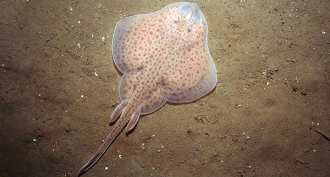 Animals
AnimalsOcean acidification may ground swimming skates
Fish might seem immune to acidic waters, but check their skeletons. They can be vulnerable and eventually alter how fish behave.
-
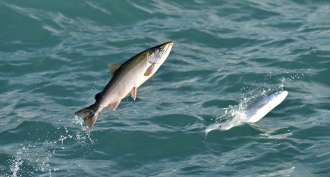 Animals
AnimalsIs ocean acidification knocking the scents out of salmon?
In more acidic water, salmon don’t seem to recognize the smell of danger. Will their populations take a nosedive as carbon-dioxide levels rise?
By Beth Geiger